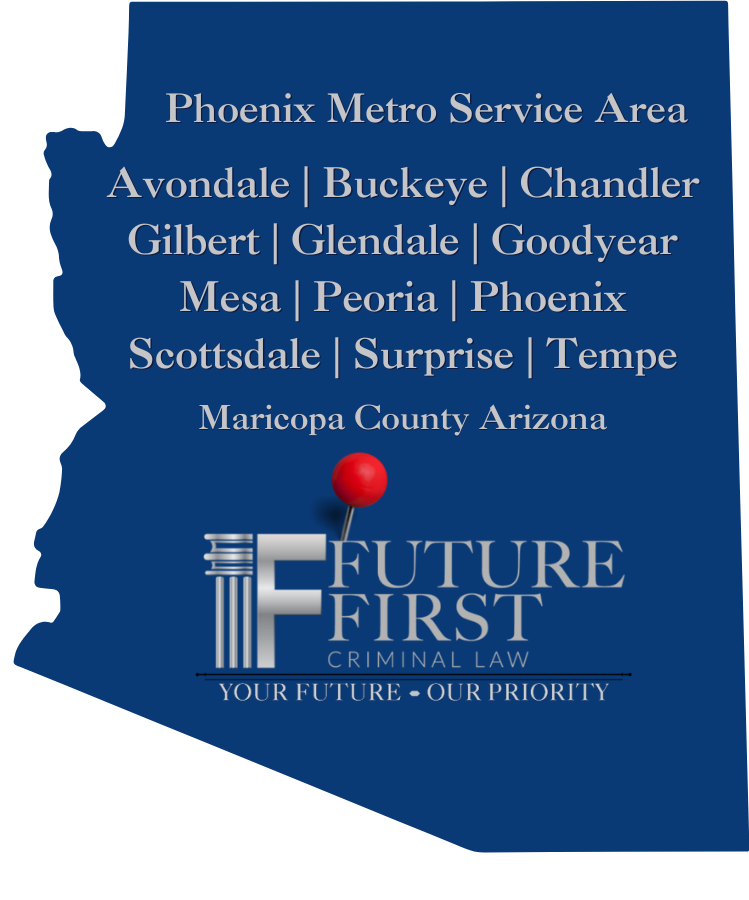Request Your PDF Copy Here
6 Things To Know About Preliminary Hearings
6 Things To Know About Preliminary Hearings
An arrest is just the beginning of a challenging and often bewildering journey through the criminal justice system. This path includes several critical milestones: booking at the police station, the initial court appearance to face charges and set bail, and possibly, time in jail if bail is unaffordable. The next crucial step? A “preliminary hearing” at the courthouse.
This guide sheds light on the pivotal moments you’ll encounter, particularly focusing on what to expect during the crucial preliminary hearing—an early yet decisive court date that can shape the course of your case.
When charged with a serious offense—one potentially leading to over a year in prison—you are granted the right to have the evidence against you reviewed, ensuring it’s substantial enough to warrant a trial. This vital evaluation occurs at your preliminary hearing.
Curious about what this means for you or your loved one’s case? Don’t navigate these troubled waters alone. Contact us today for tailored advice and robust defense strategies. We’re here to guide you every step of the way and protect your future. Call Now to learn more about what awaits at your preliminary hearing and beyond.
1. The purpose of a preliminary hearing is to ensure that the State has enough evidence to justify pursuing the charges against you and moving your case toward trial.
The preliminary hearing serves as a screening device to protect against unwarranted prosecutions and a safeguard against overreaching by the prosecutor. At the hearing, the prosecutor must demonstrate “probable cause.” That is, the prosecutor must present enough evidence to suggest to a reasonable person that you (the accused) committed the crime with which you are charged.
2. In general, the preliminary hearing occurs shortly after a defendant’s arrest and initial appearance in court (when he learns the charges against him and bail is set).
The exact timing will vary, depending on whether you are facing federal or state charges and whether you are being held in custody or are free on bail. For example, in federal court, the preliminary hearing must take place not later than 14 days after your initial appearance in court if you are being held in custody, and not later than 21 days after your initial appearance if you are out on bail. The time period might be slightly shorter or longer under state law.
3. The procedure for conducting a preliminary hearing is similar to a trial.
Both the prosecutor and your defense lawyer may be given an opportunity to make a brief opening statement. The prosecutor will then call witnesses. Typically, these witnesses will be police officers and investigators involved in your case, rather than eyewitnesses to the actual alleged crime. The witnesses will simply recite their reports for the judge, including any statements made to them by the alleged victim. Your defense lawyer will then cross-examine the witnesses to poke holes in their testimony and challenge the validity of the prosecutor’s case.
When the State has completed its presentation of evidence, your defense lawyer will have an opportunity to present witnesses and/or evidence on your behalf, but he may decline to do so. As a practical matter, defense counsel rarely presents evidence at the preliminary hearing because the dangers of revealing the defense strategy far outweigh the possibility of a “no probable cause” finding. When all the evidence has been presented, the lawyers will make closing arguments to the judge, who then will make a finding of “probable cause” or “no probable cause.”
6 Things To Know About Preliminary Hearings – Continued Below
Experienced Top-Rated Arizona Lawyers Protecting Your Rights and Your Future
Future First Criminal Law is your top choice for strong DUI and Criminal defense representation. With a focus on a limited number of clients, we dedicate our full attention to each case, ensuring personalized and effective legal solutions.
Why Choose Us?
- Client-Centric Approach: We understand your future is at risk and your well-being is our priority. We tailor our defense strategies to your unique circumstances, devoting time and attention to each client. We work diligently to develop a personalized, thorough defense giving you the best possible outcome.
- Free Virtual Phone Consultations: Schedule a free consultation to discuss your case and explore your legal options. We’re here to help. Your future matters and it is worth fighting for.
- Reasonable Flat-Fee Pricing: No hourly rates. Our flat fee is determined by the charge and the complexity of your case.
- Flexible Payment Plans: We offer payment plans to accommodate your financial situation, ensuring access to quality legal representation.
- Local Expertise and Experience: Serving exclusively in the Phoenix Area within Maricopa County, we bring in-depth knowledge of local laws and procedures to your case. Ranked the #112 fastest growing law firm in the U.S. in 2023, we have a proven track record of successful representation.
- Dedication to Defense: Our commitment to DUI & Criminal defense ensures we provide you with informed advocacy and steadfast representation.
- Video Updates from Your Lawyer: Detailed, personalized video updates from your lawyer will address your concerns/questions.
- Educate and Advocate: We believe in empowering our clients by providing comprehensive legal guidance and unwavering support throughout the legal process.
- 24/7 Case Support: Straightforward support from our legal team throughout your case. We are available via text, email or phone.
Protect Your Rights, Schedule a Complimentary Phone Consultation
If you’re facing DUI or other Criminal charges in Arizona, it’s crucial to enlist the help of an experienced criminal lawyer. At Future First Criminal Law, we’re dedicated to safeguarding your rights and freedoms. Contact us today to schedule your free consultation and take the first step towards a successful defense.
Preliminary Hearings – Continued
4. At the preliminary hearing, you have the constitutional right to remain silent, so the prosecutor cannot call you to the witness stand and force you to testify.
5. Your role at the hearing is to pay close attention to the evidence and to communicate any important information or questions privately to your lawyer.
Your lawyer may give you a pen and a notepad to keep track of the State’s case and to write notes, so you can communicate without being overheard.
6. Your defense lawyer has several goals at the preliminary hearing.
The goal of the hearing is to persuade the judge to issue a finding of “no probable cause” and get the charges dismissed. If the judge makes a finding of probable cause, then your case will continue toward trial. However, even with a probable cause finding, your lawyer may succeed in getting some (but not all) of the charges dismissed or getting the charges reduced or may be able to get your bail reduced. In addition, the preliminary hearing gives your criminal defense lawyer a glimpse into the prosecution’s theory of the case, its trial strategy, and the strength of its witnesses. This information will be particularly valuable as your case moves toward trial.
If you have any questions about Preliminary Hearings, please contact us. We’re available 24/7.



